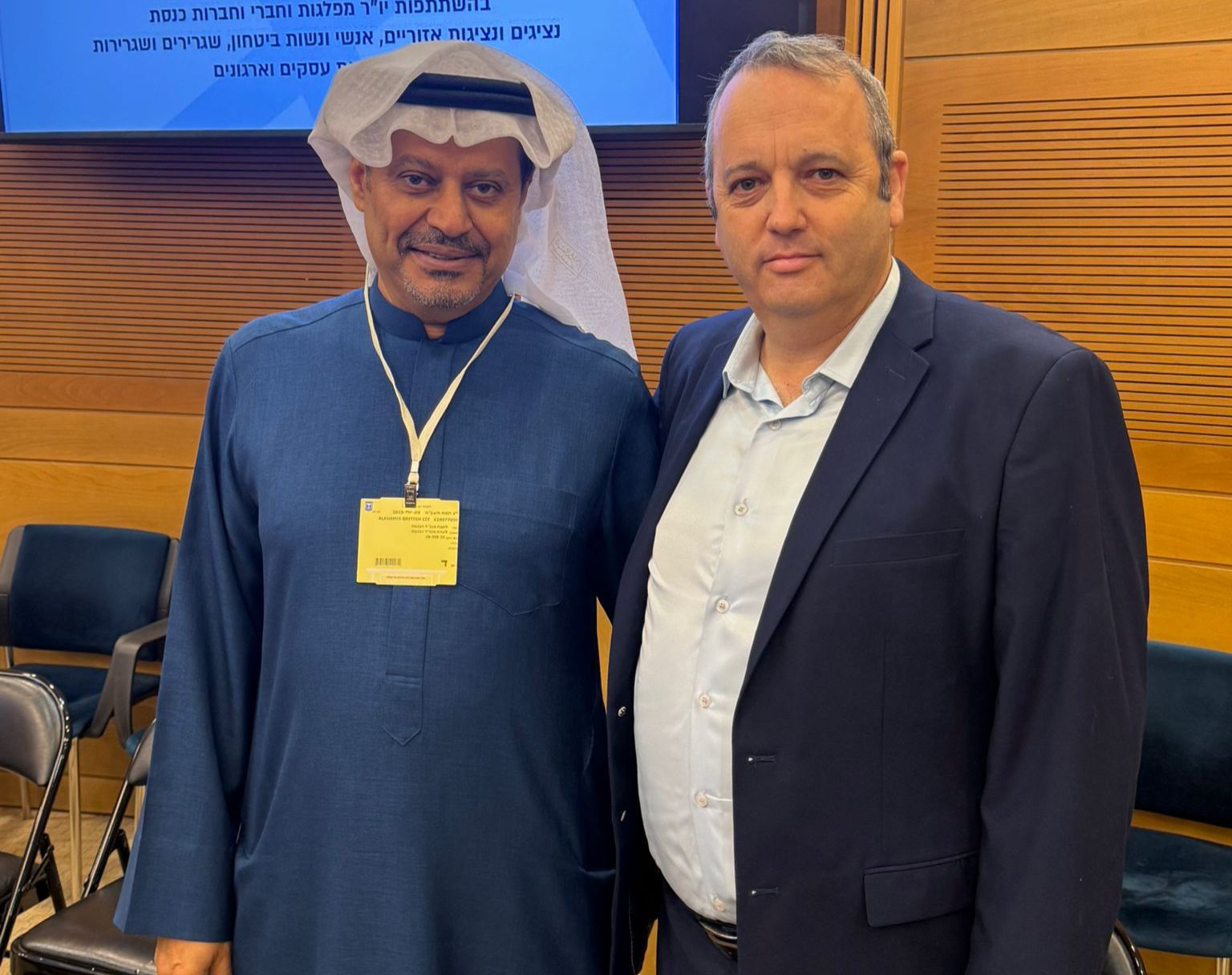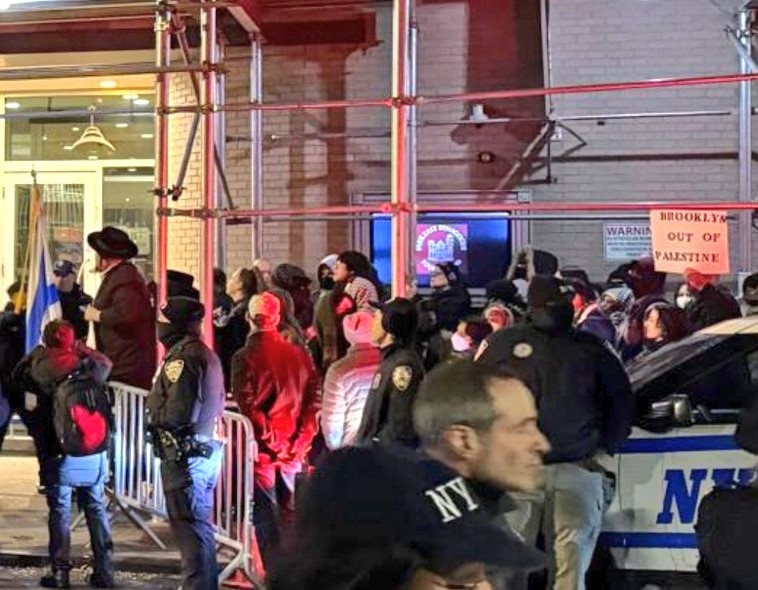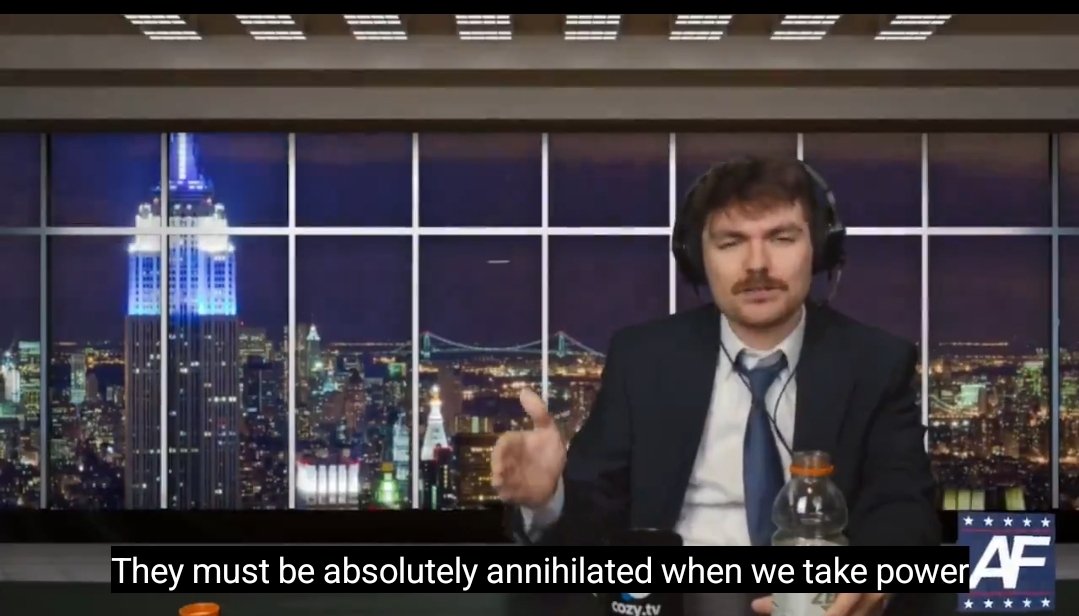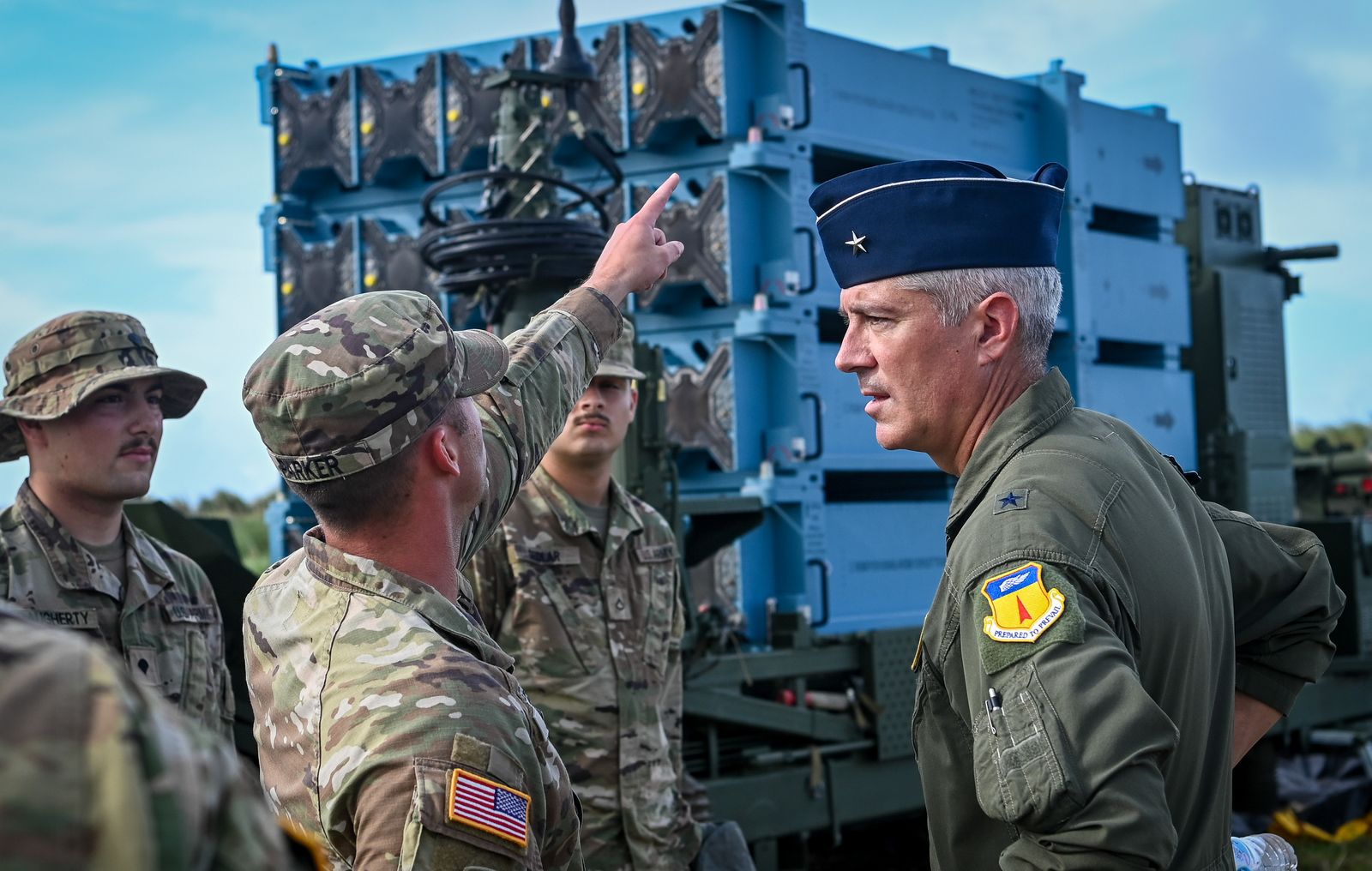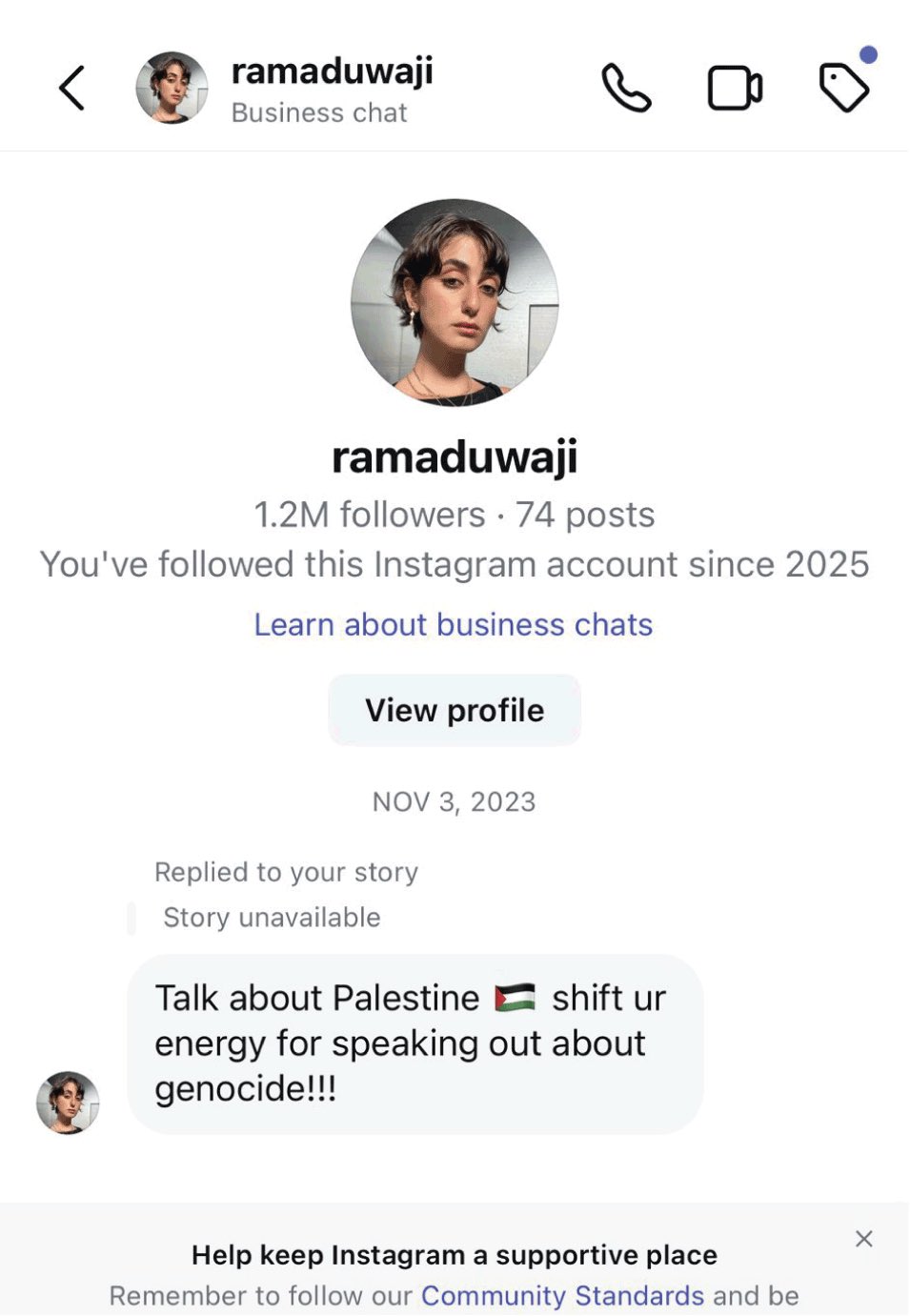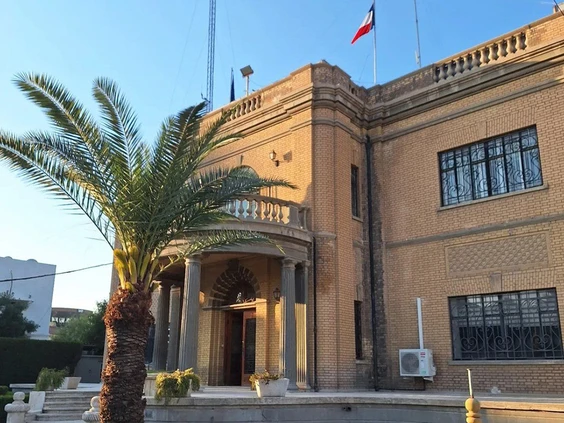Yanki Farber
An unusual event took place today in the Israeli Knesset: Saudi journalist Abdulaziz Al-Khamis and Syrian political activist Shadi Martini participated in a discussion held by the parliamentary caucus for advancing a “regional security arrangement.”
During the session, Abdulaziz Al-Khamis, a prominent Saudi media figure, said:
“We have all discovered that even the Abraham Accords did not succeed in preventing the fire in the region. We cannot accept a situation where people are imprisoned in Gaza. Saudi Arabia’s perspective is not a local one—it is regional. There must be a decentralized Palestinian state, with a clear Israeli commitment not only to security, but also to coexistence. These are not excessive demands; they are the minimal and human demand.”
He continued:
“Today, Israel has unprecedented military control. After pushing back against Iran, it has regional power. But power that is not used for peace is not effective. History on the battlefield must be translated into a vision. That’s what is required. You have an opportunity—perhaps the last opportunity of our generation—to move from managing the conflict to resolving the conflict. Use your new power to solve the problem, not to dominate. If Israel uses this moment to deepen the occupation and humiliate Gaza—it will lose not only Saudi Arabia, but the entire Arab world.”
Roi Kais of Kan 11 reported that Shadi Martini, a Syrian political activist, former hospital director in Aleppo, and current CEO of the Multifaith Alliance, also spoke at the event:
“I left Syria in 2012. I had to flee because I was helping my fellow civilians, and I was considered a terrorist. Fourteen million Syrians have been displaced, killed, or have fled. In 2016, when I was helping Syrian civilians, a friend approached me and said there were some people who wanted to help Syria. But there was a problem—they were from Israel. To me, as someone born and raised in Syria, I had all the negative stereotypes about Israel. My first question was: why do Israelis care? Don’t they want us dead? We met, and little by little we built trust. And that’s a significant asset—it’s hard to build trust, and very easy to lose it.”
Martini added:
“I recently met with [Syrian President] Al-Sharaa. It was an interesting meeting. I was with two colleagues—one a rabbi, one a priest. We entered the presidential palace in Damascus, extended the meeting, and spoke at length about Israel. One of the things President Al-Sharaa said was: ‘We get this kind of opportunity only once in a hundred years. The window of opportunity will not always remain open.’”

